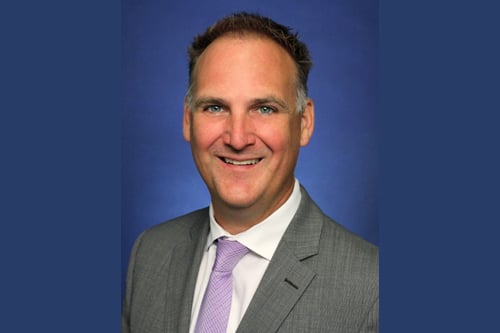Dennis Tew from Franklin Templeton Investments Canada gives WP his view of the current ETF marketplace

Competition in the Canadian ETF market is really heating up. All of the traditional mutual fund companies now have some presence in the ETF space and each is doing all it can to boost its market share.
For Dennis Tew, head of national sales at Franklin Templeton Investments Canada, the increased competition in the market place is purely positive. The influx of mutual fund firms entering the space means the distribution of ETFs is now happening through a more traditional channel, Tew says.
“A lot of the growth has been driven by the increased number of advisors who are now dealing with their clients on a fee-based basis,” Tew says. “Those advisors are charging clients for the portfolios they are building and they want product with a lower cost than has traditionally been the case. That’s a big driver of what I see going on.”
The current ETF market reminds Tew of the mutual funds industry in the late 90’s. It was at end of a decade of explosive growth and the niche-type products that were being launched around the time, like sector funds and technology funds, were all the rage.
“From some of the launches we’re seeing, it feels like we could be in a period like that, which is great – it’s a fun time to be in the industry,” Tew says. “The amount of inflows are really catching the attention. Everybody that can be a distributor is trying to get in and get a little piece of the market.”
Although Franklin Templeton does offer passive ETFs in other markets, in Canada the firm is purely focused on building active and smart beta-type funds, and that’s the direction in which Tew sees the marketing heading.
“We will take our investment management style and package it up any way that makes sense for end clients - if you are a fee-based advisor and you need some low cost products in your clients’ accounts, we want to wrap our asset management in something that delivers that,” Tew says. “I expect the growth be outside of the passive funds and more in the repackaging of active and strategic beta strategies in the ETF form.”
Tew believes the outlook for ETFs should be very much tied to wider economic and market forecasts. ETFs have been an easy buy since 2009 with everything going steadily up, but a strong correction could scare certain investors off and slow the grow rate. However, that is not a scenario that Tew expects to play out.
“My first prediction is that the markets will continue to be strong and that we’ll see the ETF marketplace growing at a faster rate than the market overall,” he says.
Related stories:
What’s keeping regulator from approving a Bitcoin ETF?
Two fund managers enter low-fee ETF fray



